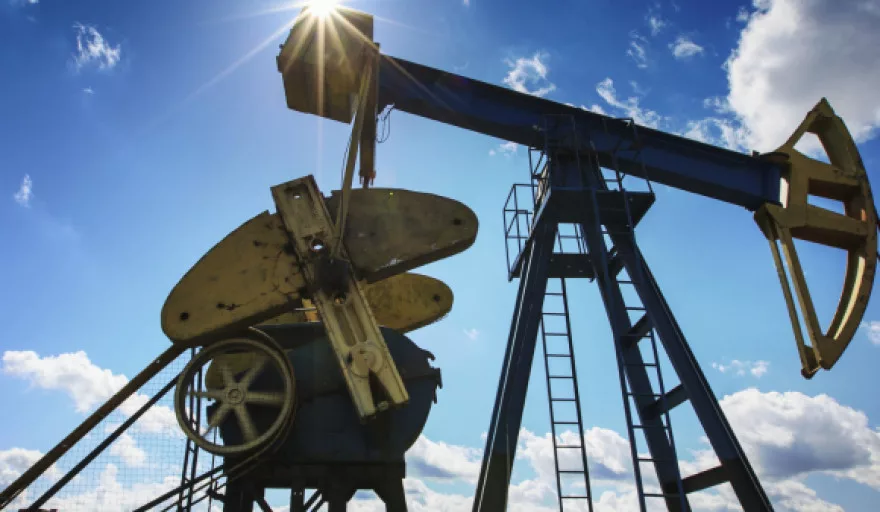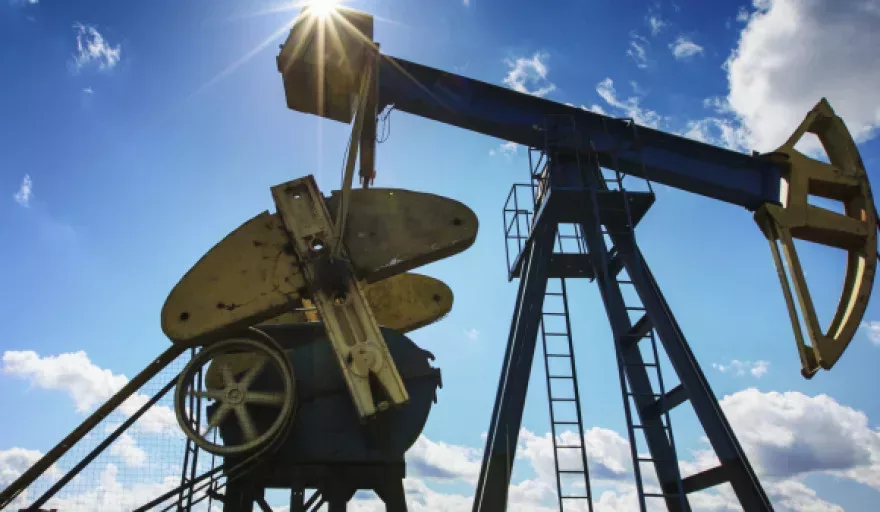
Writers: Rob Hamill, Partner, and Jonathan Musker, Senior Associate at Mayer Brown
The price of oil has seen a recovery of sorts over the first half of 2016 with a number of forecasters optimistic that crude prices will reach US$50 or above by the end of the year. A substantial factor in that recovery had been the reduction in ‘over-supply’ that has been evident in recent years.
Nigeria led the decline in oil supply with its crude output reducing to a near 30-year low of 1.3 million bpd in June, 2016 from a high of 2.2 million bpd, losing Nigeria its status as Africa’s top oil producer. This slump was caused by a succession of militant attacks since January 2016 to the country’s crude oil infrastructure, in particular its pipelines.
The Nigerian Government has announced that stipend payments to around 30,000 former militants in the oil-rich Niger River Delta will resume, in an attempt to address some of the grievances that had given rise to the recent attacks. Peace talks also commenced in late July with the Movement of the Emancipation of the Niger Delta, but there are concerns that this will do little to bring an end to the attacks by the Niger Delta Avengers, who have claimed responsibility for many of the recent attacks and accused the Government of using the peace talks as a delay tactic.
Against this backdrop, Nigeria’s Government is seeking investment sums of $40-50 billion for domestic oil projects to expand its output and has recently signed a potential deal for $8.5 billion of investment from China North Industries Group Corp. This follows a recent trend as some of the world’s largest national oil companies are seeking investment opportunities to expand output given the low oil price. Saudi Arabia’s Government has announced plans to list around a five percent stake in its state producer, Saudi Aramco. Russia’s state-owned exporter, Rosneft PJSC is also seeking buyers for a 19.5 percent stake in the Company.
Nigeria has also moved to strengthen its oil & gas trade ties with Europe. The NNPC stated in early August that a trade delegation from Spain, which is Nigeria’s second biggest oil & gas client, had expressed its readiness to strengthen the Nigerian-Spanish bilateral trade relationship in every spectrum of oil & gas, in particular through increased refining capacity and bolstering technical capacity.
The Nigerian Government has also expressed a desire to diversify the Nigerian economy to reduce its dependence on oil and there is hope that Nigeria’s weakened currency, the naira, can act as a stimulant for foreign investments. The Italian Government stated its support for that process in August and, in particular, that it believes partnerships between Italy and Nigeria will be mutually beneficial particularly in the agriculture and aerospace sectors.
It is clear that bringing stability back to its oil & gas sector – much of which hinges on the Government’s ability to appease and control the militants, along with attempts to diversify its economy beyond oil & gas – are critical to Nigeria’s recovery from its worst economic crisis in decades.
Read more on this hot-topic in the latest issue of Africa Outlook here.






























